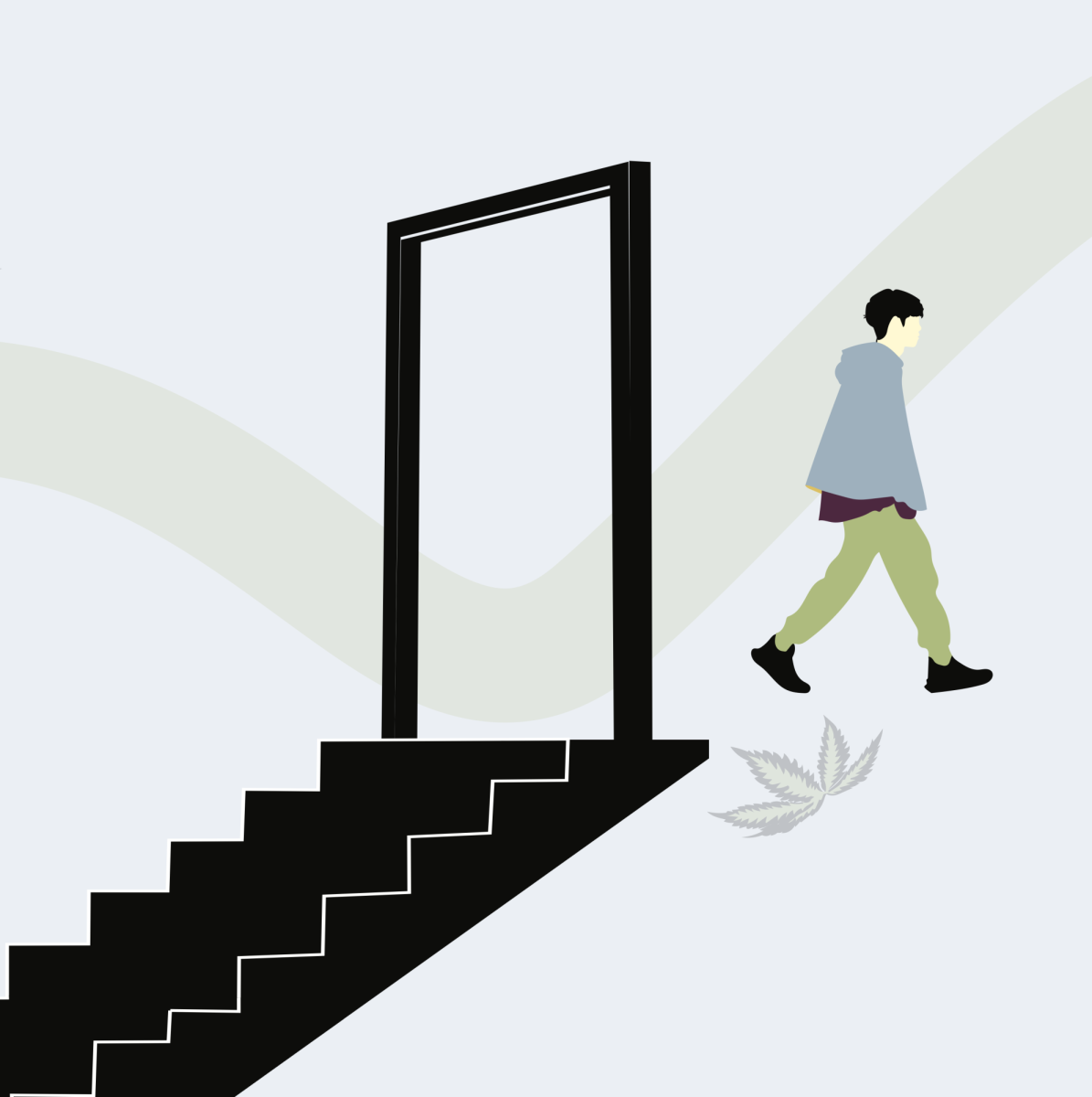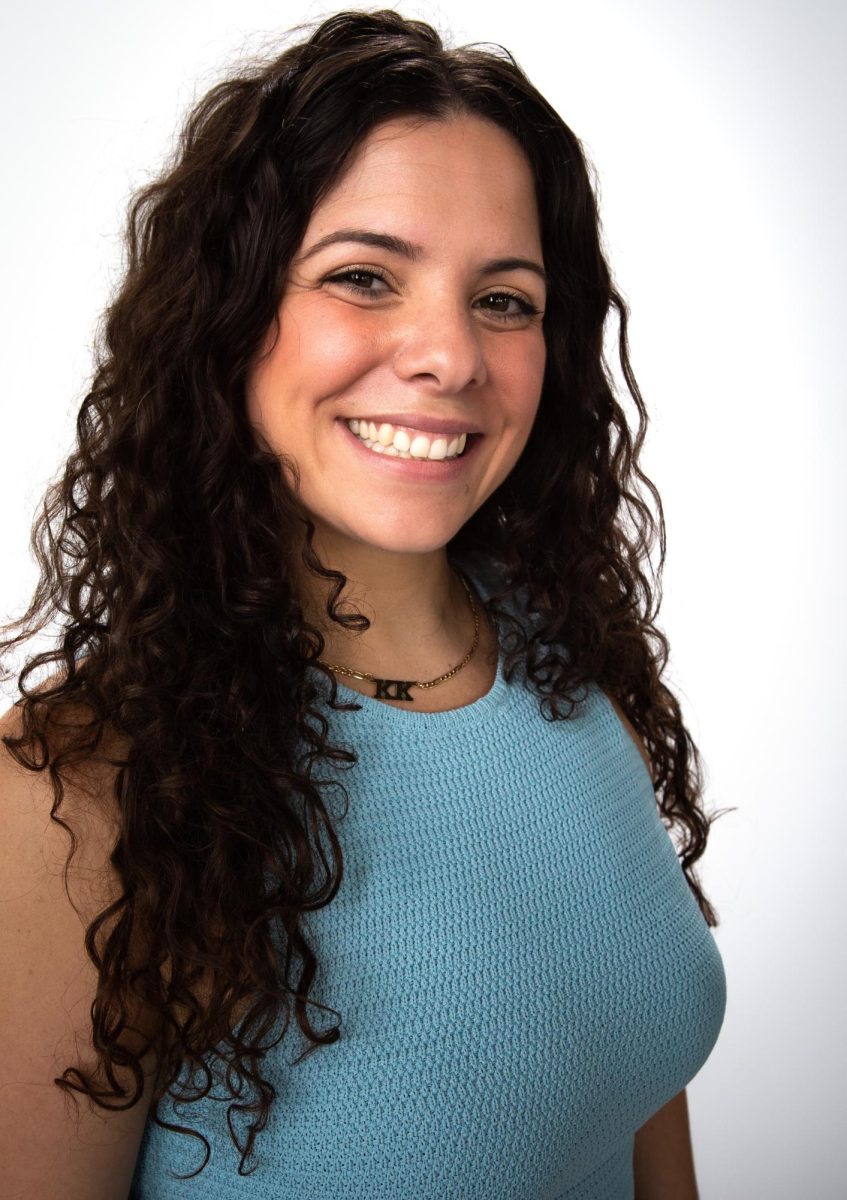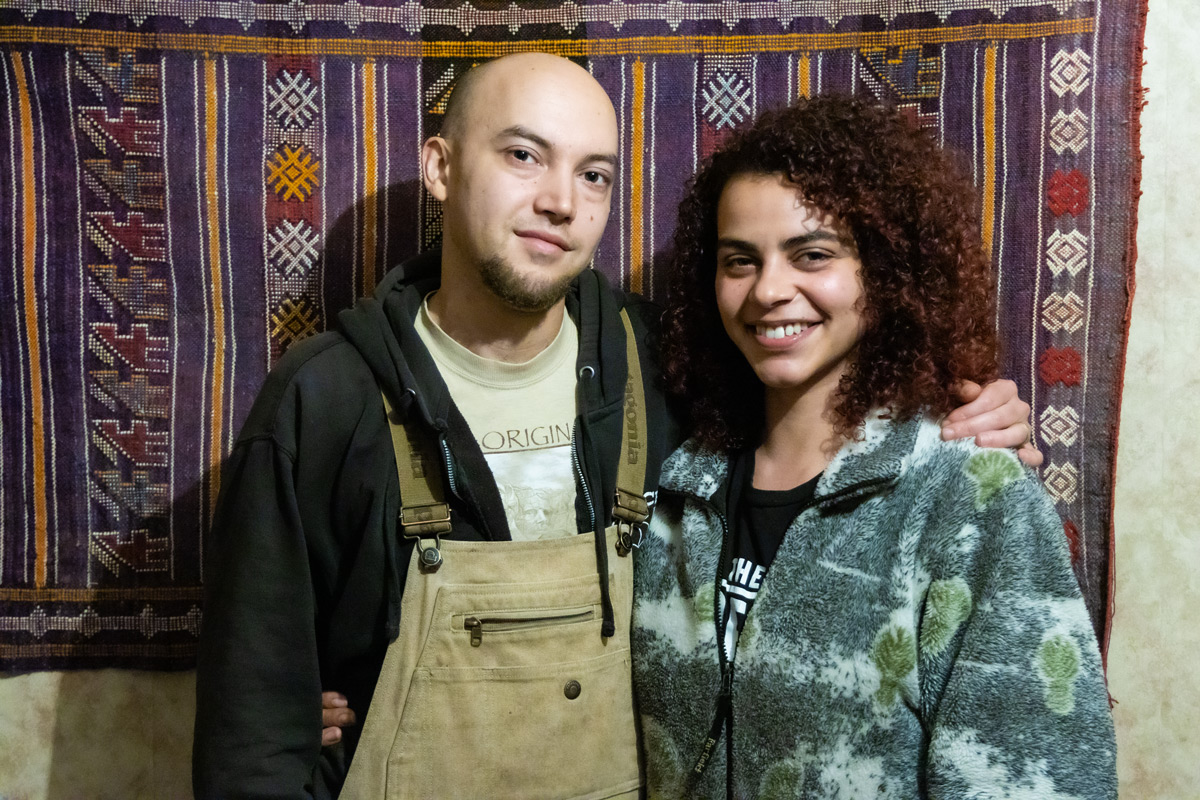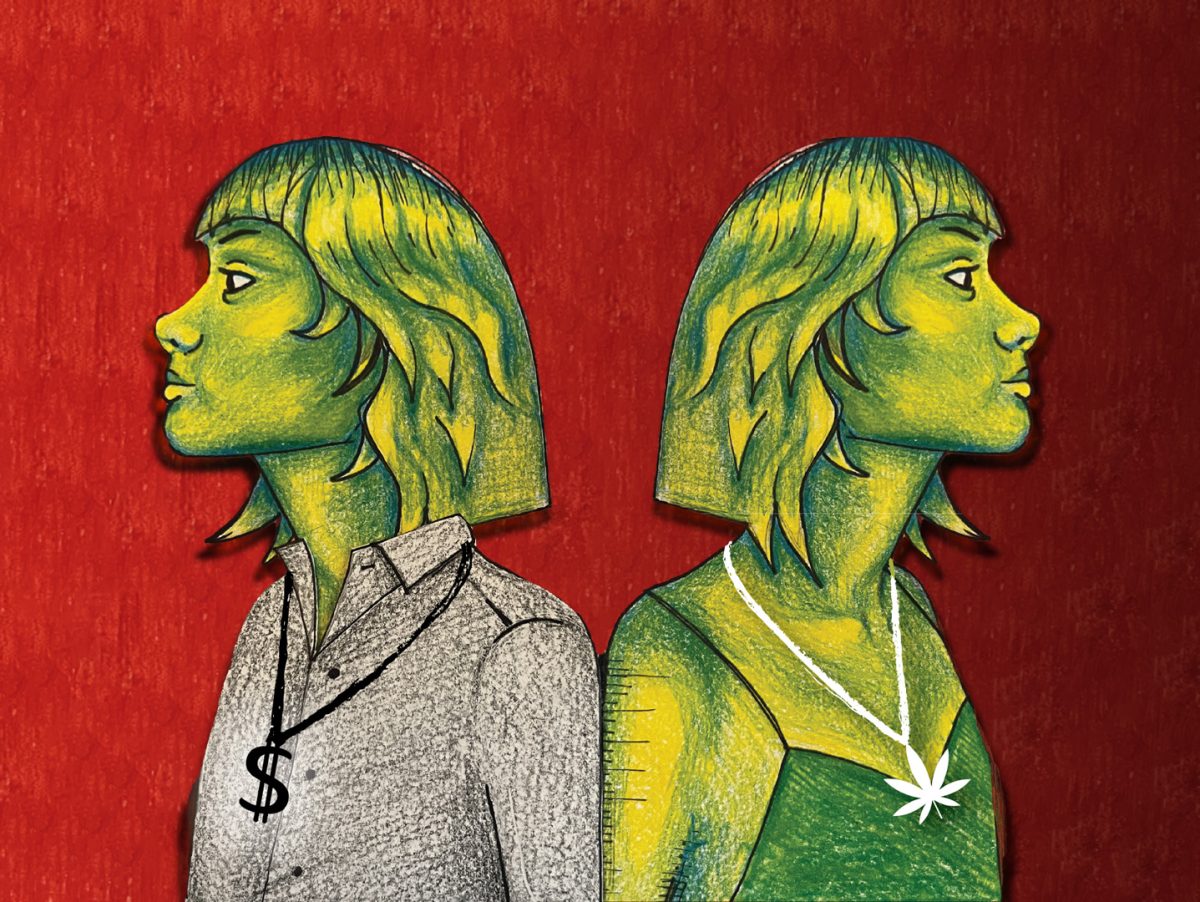When looking into the evolution of cannabis culture over generations, it’s essential to acknowledge a powerful undercurrent in this growing wave. America’s war on drugs and the racialization of ‘marijuana’ has effectively stunted real growth in the development and diversification of cannabis since its introduction to the colonies in the 1600’s. The inaccessibility and stigma surrounding cannabis in the United States and around the world has been severe, up until very recently. CBD has become the latest trend of capital ventures as the legalization of medicinal and recreational cannabis use has been spreading across the country, state by state since the late nineties. Figures in power (whether that be politicians, priests, major pharmaceutical companies or a combination of the three) have been working for centuries to villainize cannabis and dismantle its legitimacy as a medicinal plant. Yet in spite of these obstacles, in 2019, there is an emerging facet of women that were once forced into slandered silence: the loud-and-proud pot smoking women of our culture are not only being embraced, but celebrated with open arms by fellow weed loving woman.
To name a few: Rihanna, Solange, Kacey Musgraves, Miley Cyrus, Abbi Jacobson, Ilana Wexler, Jessamyn Stanley and Stefani Germanotta. This list does not include the brave women out there who are/have been advocating for legalization and equality within the cannabis industry (shout out to Alexandria Ocasio-Cortez, Barbara Lee, Margaret Mead and many others), but specifically acknowledges those who are redefining what women consuming cannabis in the public eye can mean. From every corner of passion and practice, these women are standing up and sharing their love for weed with the world.
Rihanna, Solange, Musgraves and Germanotta (better known as Lady Gaga) are all women thriving in different genres of the music industry. Rihanna has been creating R&B and pop anthems since 2005 and has been a trailblazer of this generation (smoking blunts in the public eye since 2010). A connoisseur of pleasure, Rihanna also recently founded inclusive and quality makeup and lingerie empires (check out Fenty and Savage if you’re interested). Jacobson and Wexler are writers and actors of the wildly popular Comedy Central show, Broad City, produced by Amy Poehler. Germanotta, an icon of pop and self expression since 2008, has been candid about her use of cannabis to help her cope with fibromyalgia. Stanley is an activist, yoga instructor and instagram influencer who uses her platform to discuss self empowerment, body image, and living in a pursuit of pleasure. Each of these women have brought empowerment and a refreshingly accepting and progressive perspective to women of this next generation.
While this is a revolutionary era, it’s important to remember that women have had a special relationship with cannabis since, forever. In her book Tokin’ Women: A 4,000 Year Herstory, Ellen Komp, cannabis activist and writer, begins her journey by explaining that “women have been using cannabis as a healing substance for millennia.” The healing powers of cannabis have been known by human societies literally since the beginning of time, and even before that, humans recognized the value of hemp, which was one of the first woven fibers created 10,000 years ago. As early as 50 BC, women in Egypt were documenting cannabis’ ability “to ease sorrow and lift their spirits.” By the second century, the Egyptians had created “a cannabis-infused pessary (vaginal suppository) to ease childbirth and uterine pain.”
A history of women and cannabis cites, one of the earliest uses of cannabis by women comes from Ancient Mesopotamia, where it was used for “staying the menses,” often in combination with mint, saffron and beer. Throughout Europe beginning in the 5th century, midwives used cannabis to aid the process of childbirth. Cannabis was recognized as an aphrodisiac in India in the seventh century as well (bhang — a mixture of the leaves, fruits, stems, milk, water and spices — is still used today). Saints and Queens all over the world and throughout history (Queen Victoria and Hildegard von Bingen loved that chronic) have used cannabis to help relieve menstrual pain, alleviate pregnancy symptoms and ease anxiety. So, just to get through life really.
This indispensable relief is a sentiment recognized by many women connected to cannabis today. High Times addresses this in an article called, “Why the Women of Broad City are the Stoner Heroines We’ve Been Waiting For.” A TV show about two best friends, Abbi and Ilana, living in New York in their twenties, just trying to figure Life out — Broad City is revolutionary in its depiction of women and weed. Jennifer Boeder writes, “While weed drives the plot of some episodes, it’s also just a part of the landscape–like bodegas, graffiti, and the subway…. Cannabis is experienced as an integral accessory for the human condition.” This is so important for our contemporary understanding of cannabis, which has become clouded by intense stigma. Jessamyn Stanley, a yoga instructor with 400,000 followers on Instagram (@mynameisjessamyn), tackles the internal struggle we all face being raised in an era of criminalized cannabis. On Instagram, she expresses to her followers, “What we don’t understand about this plant, is that it is meant to help us manage the experience of living. Which is a really intense experience for everyone.”
Cannabis helps ease anxieties that can otherwise be overwhelming and debilitating. When you’re physically unwell, it can ease your pain. When you’re in need of inspiration, it can help you look at things from a new perspective. Cannabis brings clarity to our own lives, which is incredibly grounding. This plant has long been believed to also help us access our inner feminine powers.
Viking priestesses and Siberian shamans — healers that were respected and depended upon by societies for centuries — were found buried with cannabis, or with cannabis seeds left as a gift at their grave. In East Asia, hemp is considered by many to be the elixir of life. In China, Japan and Korea, Magu is believed to be the Hemp Goddess, the “guardian of vitality, not only in the world of mortals but also the cycles of the earth.” Before the conversion domination of monotheism around the world, religion, spirituality and magic were beliefs that were seen as comparable practices. VICE wrote an article entitled “Dank Magic: How Witches Use Weed in Their Craft” that dives into the use of cannabis in the practice of magic. Whether you were a shaman, a witch or an esteemed oracle of ancient Greece, cannabis was an essential piece of the practice, “a way to achieve a magical, transitional state of mind—one where your body may still be in the physical realm but your spirit is elsewhere, free to roam ‘between the worlds.’” Humans have known for centuries that there is something magical and powerful about cannabis.
And as our society opens its mind to cannabis in this new millenia, the Weed Queens of our generation are paving the path for this new renaissance. There is something that resonates in a universal way with these women worthy of admiration (and/or worship). Women and girls all over the world are seeing themselves in the ladies of Broad City because they are honest in their experience. Boeder succinctly explains why Abbi and Ilana are the High Heroines women have been waiting for: “weed is part of Abbi and Ilana’s unapologetic pursuit of pleasure, which is radical and deeply feminist.”
Unapologetic pursuits are not inherently feminine nor inherently weed related. But, perhaps there is something to say about what cannabis teaches us about ourselves. When I first was trying to understand why these women have implicitly incited a feminine revolution charged by that good kush, I found an ideology. In the same way that men have always been unapologetic in their existence, the space they claim in any setting; women are taking the same stance, claiming their space unapologetically. Yet it is empowering and revolutionary when women have historically been told to suppress their desires and pursuits.
What is universally admired amongst these Weed Queens is that they do what they want. They embrace who they are wholeheartedly, while owning their emotions, sexualities, insecurities and weaknesses too. Perhaps weed is something that all of these women coincidentally have in common. But perhaps cannabis helps remind us of who we are and what really matters to us, while also allowing us the space to dismiss societal and historical expectations that are not serving us.






